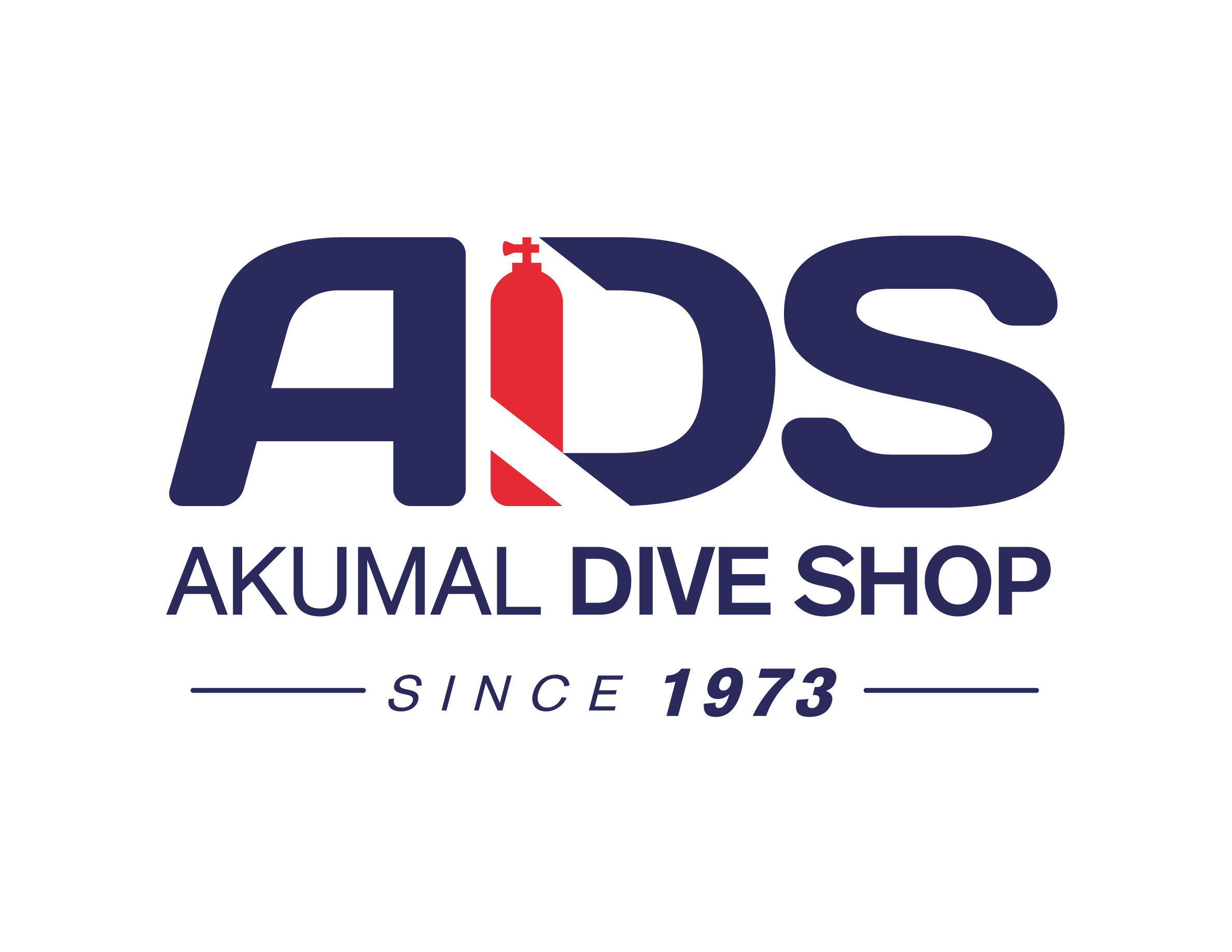
At the Akumal Dive Shop we care for you, and our crew. In order to keep all of us safe from COVID 19 we are following recommendations by DAN Europe’s medical team. We encourage you to be self-cautious and take very good care of yourself and others.
Basic Corona Virus Protective Measures by DAN & the Diving Community
- Wash your hands thoroughly and frequently. Check our hand washing recommendations.
- Avoid touching your nose, eyes, and mouth.
- Maintain social distancing of at least 1.5 meters.
- Prevent the transmission of respiratory illnesses by practicing coughing and respiratory hygiene – sneeze and cough covering your face with a tissue.
- If you have fever, cough and difficulty breathing, avoid contact with other people and seek medical care early.
- Please consult the local authorities of the country of destination and follow their safety measures.
Please be aware that wearing a face mask is mandatory in all public spaces at Akumal.
All dive centers are required to follow some basic prevention measures as recommended by DAN Europe & the Diving Community due to the concerns about disease transmissions when using dive equipment.
Properly sanitizing your dive equipment includes cleaning it with Quaternary Ammonium Compounds or Bleach:
- BCD oral inflator
- Regulator mouthpiece
- The inside of the dive mask
- Snorkel
Simple and effective steps to “Sanitize Your Dive Equipment Against COVID-19”
- At the Akumal Dive Shop we use Quaternary Ammonium Compounds to sanitize the diving equipment. In case you don´t have at home you can use a solution of 1% aqueous solution of sodium hypochlorite (bleach) with an application time of more than 15 minutes.
- We make sure to soak and dip every part so the solution reaches everywhere.
- Afterwards we thoroughly rinse with fresh water, following manufacturers directions and give a final rinse with an antibacterial and chlorhexidine mouthwash for a fresh experience.
- Please be aware that soap and water, must be combined with mechanical action to be completely effective. Soaking scuba equipment in soapy water alone is not an effective disinfection method. If soapy water was combined with mechanical action, it would theoretically prove to be more efficient. However, there are some parts of scuba equipment that are not easily reached without disassembly, such as the inside of a regulator. Since an exhaled breath will travel through the inside of a regulator and contact the diaphragm, lever arm, and other internal surfaces, soaking the regulator in a disinfectant solution may be a better option.
Scuba tanks safety
If you are concerned about the virus entering a scuba cylinder as a result of contaminated air being drawn into the compressor. Calculations show that a four-stage compressor with 1 ATA inlet pressure and an 80°F environment pumping air up to 29 ATA or around 4000 psi, would have an inter-stage temperature inside the cylinder of 225 °F. This calculation is very basic and does not account for anything outside of ideal conditions. However, it does indicate the instantaneous temperature at the moment of peak pressure.
In reality, the outlet valve temperature will likely be 170°F-190°F, and the gas temperature around 150°F, occurring during each stage of the compressor (i.e. four cycles for a four-stage compressor assuming each stage’s outlet temperature is the same). Because this is hot enough to kill SARS-CoV-2, it is therefore unlikely that the virus would survive this process should an infected individual cough into the compressor intake.
It is important to note that infected droplets exhaled by a person can be as small as 0.5 micron; the filter systems alone would not remove these, but the virus should no longer be infectious at that stage.
If you have any questions, please email us at RiskMitigation@DAN.org.
Sources:
Divers Alert Network Europe
World Health Organization International
